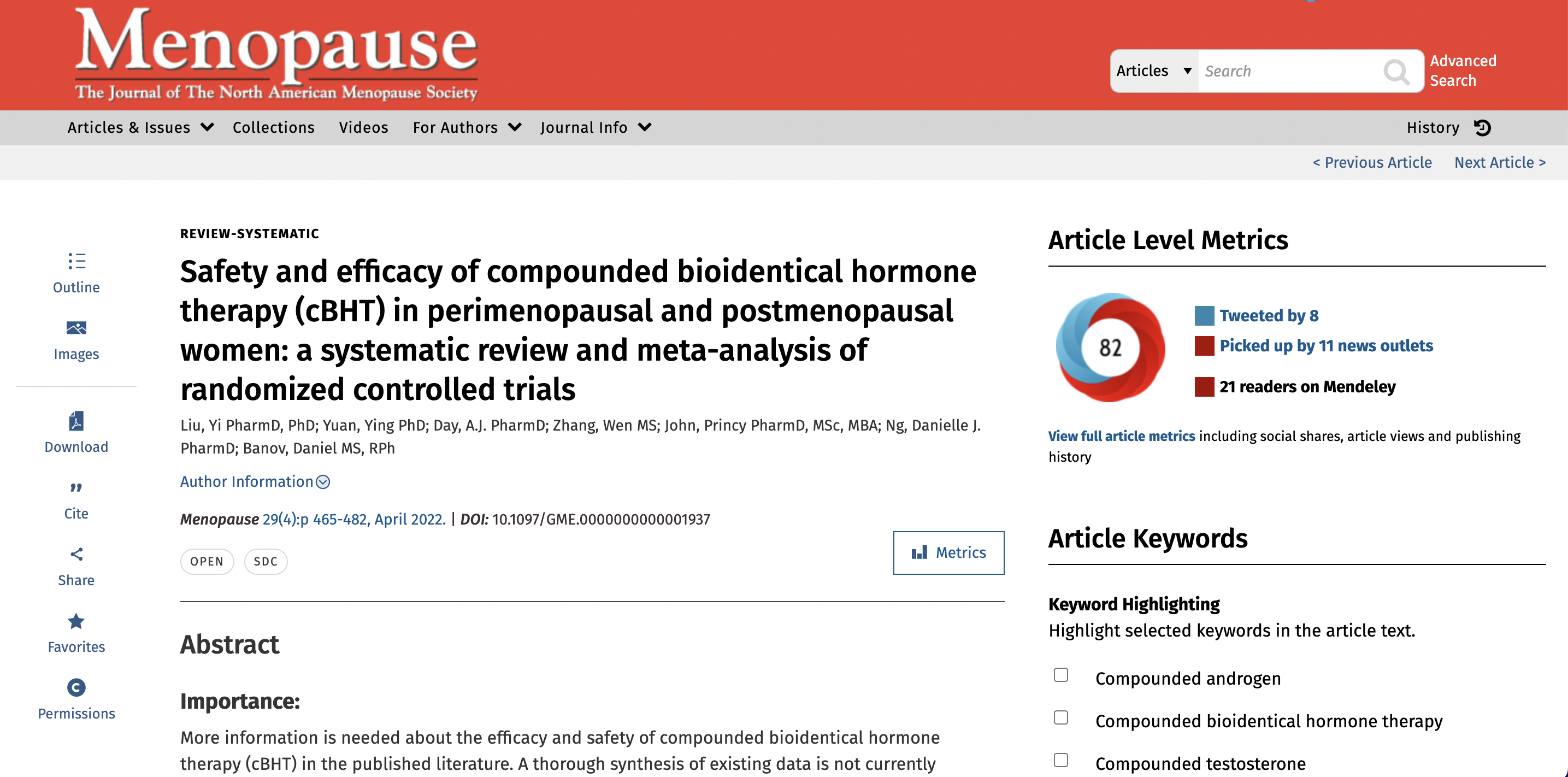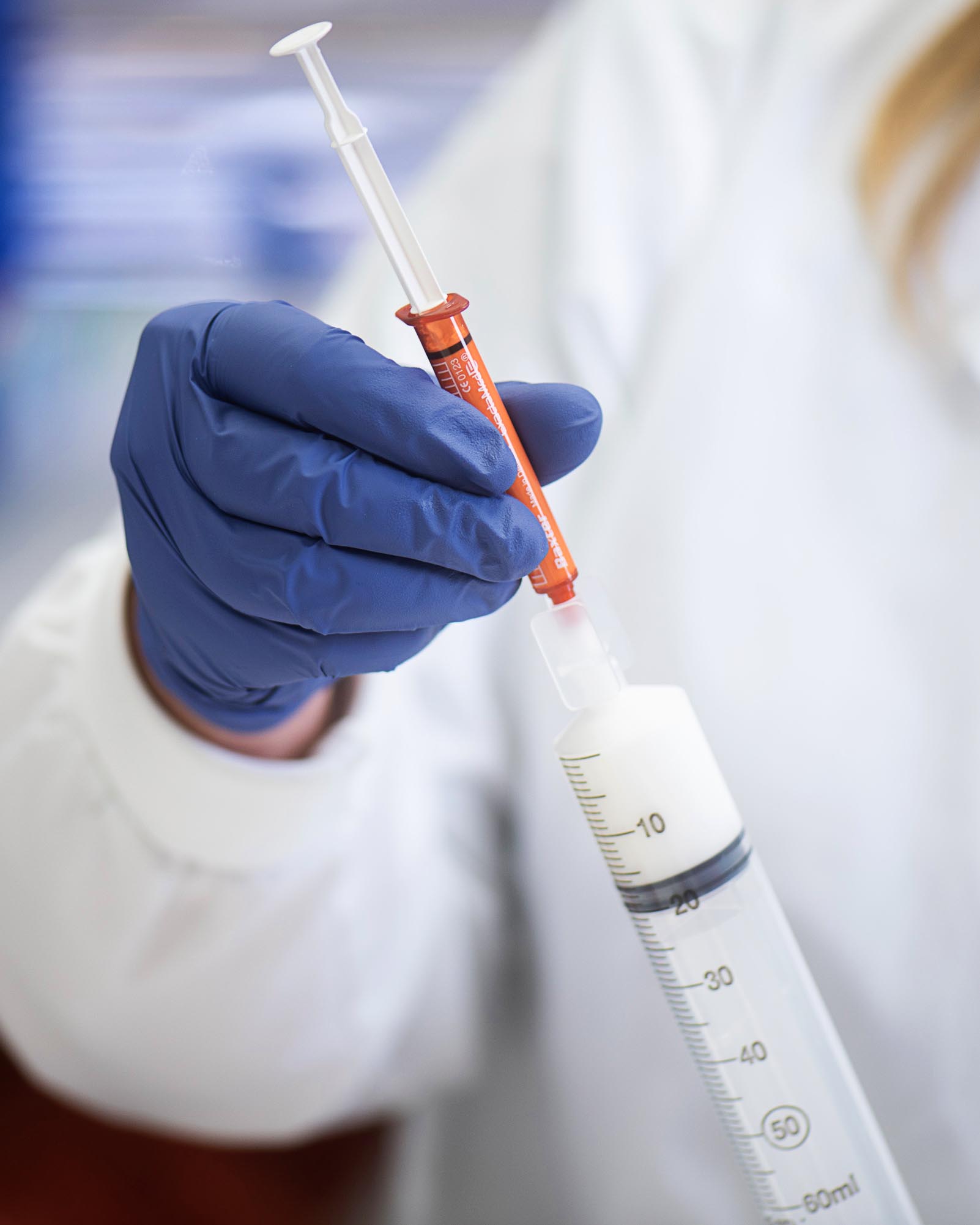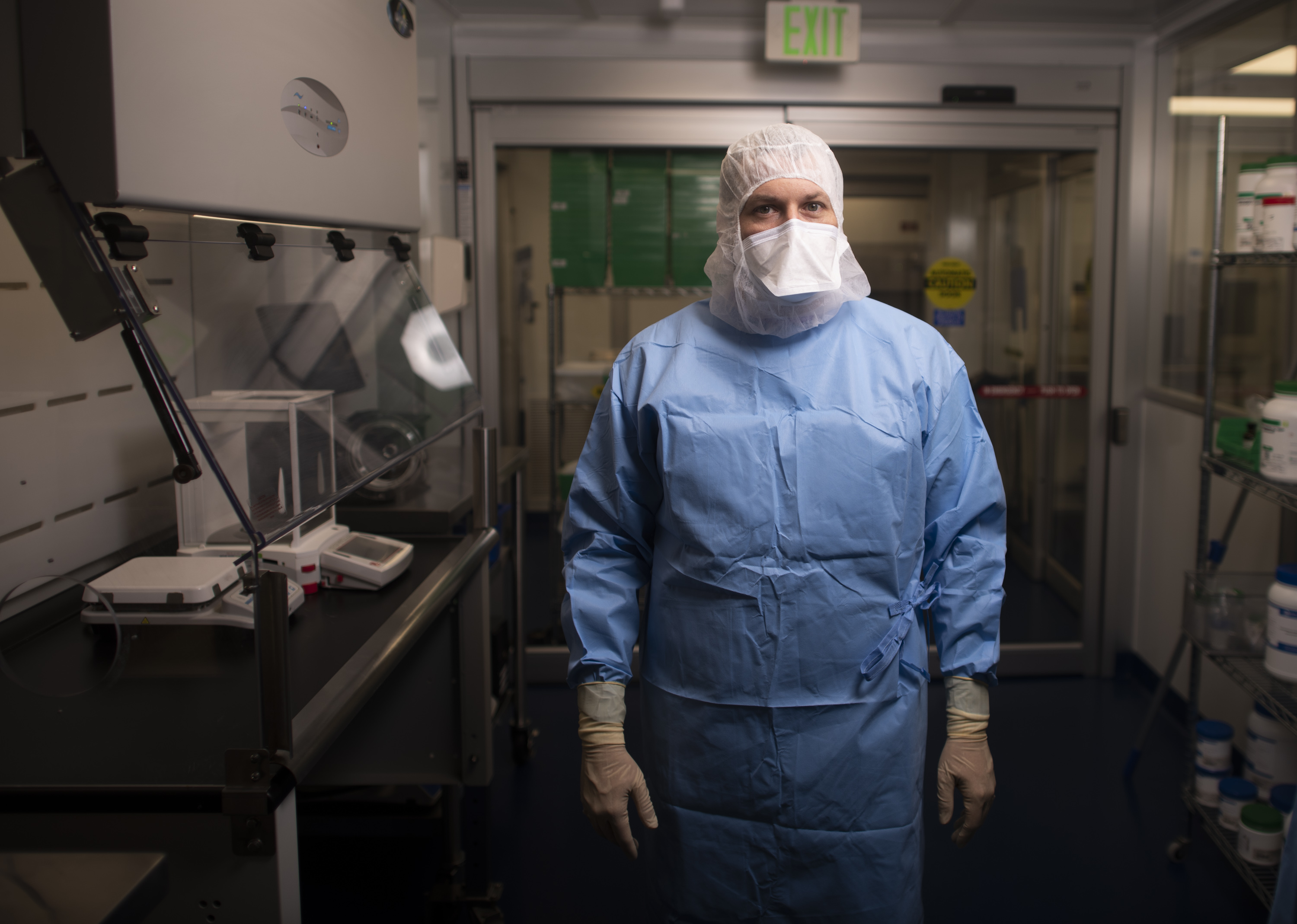Ozempic. You’ve probably seen the name of this drug, manufactured by Novo Nordisk, in the news lately. Ozempic is one in a class of drugs, including Wegovy (Novo Nordisk) and Mounjaro (Lilly), used to lower cardiovascular risk in patients with diabetes. Semaglutide (the active pharmaceutical ingredient in Ozempic) has also proven effective in helping patients with obesity lose weight and, as a result, demand for these drugs has made them nearly impossible to obtain through traditional pharmacies.
In March 2022, the shortage of these drugs became so acute that FDA listed semaglutide as “currently in shortage” on the agency’s Drug Shortage List. The drug has remained on that list ever since. That official action means that when a physician or other prescriber believes the drug is the right therapy for a patient, they can write a prescription for a compounded version of the FDA-approved drug.
And it’s not just semaglutide. Every day, compounders are helping ensure continuation of patient drug therapies for a whole range of medications in shortage. And if FDA would authorize it, they could do a great deal more.
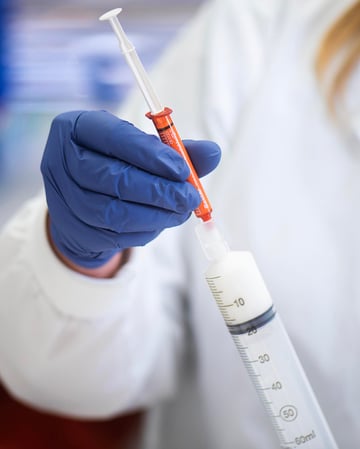
A vital safety net
“When Congress passed the Food, Drug and Cosmetic Act in 1938, it made its intent very clear,” Mark Boesen, a former pharmacist and current principal in the law firm of Boesen & Snow, LLC said. “Congress codified into law the critical role that compounding plays in protecting patient health, especially in times of critical drug shortages.”
Congress understood that pharmaceutical companies would never be able to meet the demand for every drug, for every patient. So they specifically included language in the law that created what we know today as 503A compounding pharmacies. These are the traditional compounding pharmacies that most people recognize. These pharmacies create tailored medicines for individual patients, always filling a specific prescription written by a specific doctor or other prescriber.
Congress reinforced the regulatory framework that governs compounding in 2013 when it passed the Drug Quality and Security Act, creating what today we call 503B outsourcing facilities. These facilities prepare and distribute compounded medicines in bulk, without a specific prescription, for administration in hospitals and clinics. These 503B pharmacies look more like the typical drug manufacturing facilities that produce FDA-approved medications. They operate under strictly regulated current good manufacturing practices (cGMP), which demand rigorous process testing.
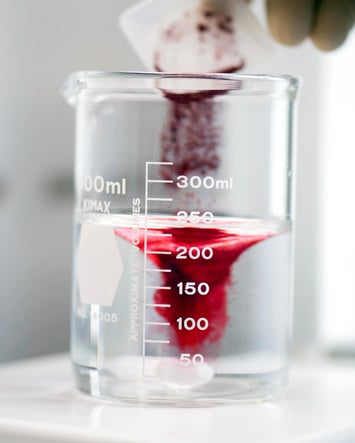
Designing a system to ensure patient access in times of crisis
On July 19, 2023, a tornado tore through Rocky Mount, N.C., inflicting serious damage to a Pfizer factory that manufactured more than 125 sterile injectable drugs, about 8 percent of the sterile injectables used in hospitals in the U.S. Pfizer has indicated as many as 30 drugs manufactured at the plant may see supply disruption. A number of the products made in the Rocky Mount plant were already in shortage before the tornado struck, and when news of the tornado broke, hospitals across the country began stocking up on many of the drugs manufactured by the plant, complicating an already serious problem.
That destruction of the facility in North Carolina illustrates the critical role that compounding must be allowed to play in ensuring hospitals and clinics can access essential medications they need to treat patients. 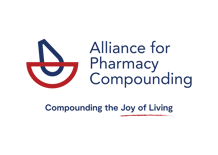
Scott Brunner, CEO of the Alliance for Pharmacy Compounding, stresses that a solution to alleviating temporary drug shortages already exists. The components are in place, he says. They only need to be authorized to act.
“APC believes that 503B outsourcing facilities are the proper solution to current and anticipated shortages, including those resulting from the destroyed Pfizer plant in North Carolina. There are 503Bs already producing some of these drugs, and they can meet the shortage needs for those medicines immediately,” says Brunner.
“But for many of the other sterile drugs the Pfizer plant was producing, it may take months for 503Bs to ramp up production,” Brunner says. “But hospitals and clinics can’t wait months to obtain drugs they need to sustain lives and treat patients. That’s why in the interim, 503As must be engaged as well to ensure that patients can still acquire the medicines they need during a time when the drugs are not available from any other source.
“There is a precedent for what we’re asking of FDA. Just as the agency allowed for 13 COVID-19 drugs in shortage during the pandemic, FDA must empower traditional compounders of sterile preparations through ‘temporary guidance’ that would allow 503A pharmacies to source shortage drugs, within tight regulatory guardrails, to hospitals and clinics until the 503Bs can begin producing them. And for some lower-demand drugs, there may never be an economic model for 503Bs to produce them at all. In that circumstance, 503As should be allowed to continue to meet urgent patient needs until the manufacturer of the FDA-approved drug resumes production.”
The need for a formal, systematic response to drugs in shortage that incorporates both 503A and 503B compounding pharmacies is clear. The system exists today, informally. Today, there is a bill in the House of Representatives, H.R. 167, that would formalize compounding’s role, incorporating the strengths of both types of compounding pharmacies to solve both short- and long-term issues that arise when a drug goes on the shortage list.
A well-regulated network of compounding pharmacies forms the essential system we need to ensure that patients maintain access to their critical drugs.
They need only to be authorized to do so.




